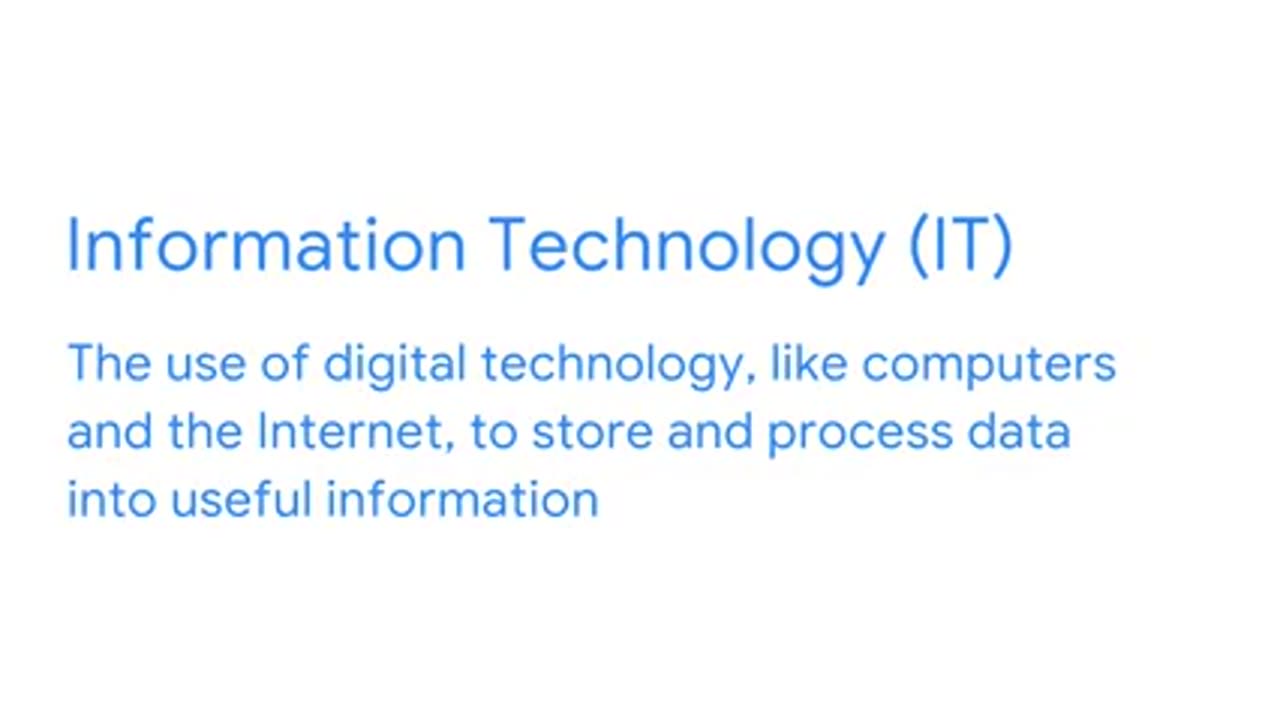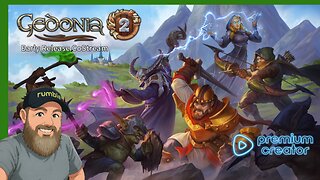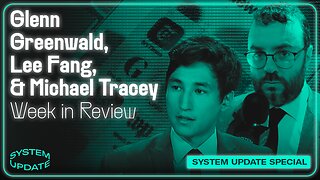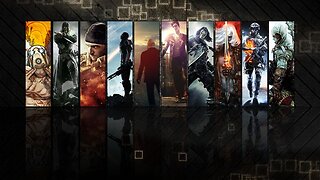Premium Only Content

What is IT?
Welcome to course one, technical support fundamentals. My name is Kevin Limehouse and I work as a support specialist for platforms building Doubleclick at Google. Looking back I can trace from my passion for IT began to an actual moment when I was eight years old. And my parents were about to throw their old busted computer but I managed to convince my mom to let me keep it. I remember the moment when I slowly started disassembling it, kept digging deeper and deeper, unscrewing every little piece I can get my hands on, and I was hooked. By the time I was 12 or 13 years old I became the de facto IT support for my entire family, and that's no small feat considering I have 11 aunts and uncles and over 35 cousins. My parents both grew up in very small rural towns in South Carolina. Growing up in the Jim Crow South through the mid 1950's and 1960's, they were taught at an early age that one of the better methods to get ahead was through education. This lesson was instilled in me and my sister and I ended up going to university to study computer science. I graduated school right at the end of the 2007 and 2009 recession, but thankfully I secured a job at Google and IT support where I work with users solving their issues and supporting the IT inventory. And now I've been working in IT for seven years. And my current role is to support specialists, I provide technical and building support to Google sales teams, which involves everything from troubleshooting to creating forms or editing automation scripts. And now you know a little bit about me, let's start from the beginning. What is Information Technology? Information technology has completely transformed your life in ways that you may not even realize. Thanks to IT we can communicate massive amounts of information to people and organizations across the world in the blink of an eye. Computers power everything from calculators, to medical equipment, to complex satellite systems, and the trading desk of Wall Street. They're powerful and invaluable tools that help people get their work done and enable us to connect with one another. So what exactly is information technology? IT is essentially the use of digital technology like computers on the Internet to store and process data into useful information. The IT industry refers to the entire scope of all the jobs and resources that are related to computing technologies within society. And there are a lot of different types of jobs in this field. From network engineers who ensure computers can communicate with each other, to hardware technicians who replace and repair components, to desktop support personnel who make sure that end users can use their software properly. But IT isn't just about building computers and using the Internet, it's really about the people. That's the heart and soul of IT support work. What good is technology or information if people can't use technology or make sense of the information? IT helps people solve meaningful problems by using technology which is why you'll see its influences in education, medicine, journalism, construction, transportation, entertainment, or really any industry on the planet. IT is about changing the world through the ways we collaborate, share, and create together. IT has become such a vital tool in modern society that people and organizations who don't have access to IT are at a disadvantage. IT skills are becoming necessary for day to day living. Like finding a job, getting an education, and looking up your health information. Maybe you're from a community where there wasn't any Internet or you couldn't afford a super fast computer and had to use one at your school or library instead. There are many social and economic reasons why some people have digital literacy skills and other people do not. This growing skills gap is known as the digital divide. People without digital literacy skills are falling behind. But people like you are the real solution to bridging that digital divide. Overcoming the digital divide, not only involves confronting and understanding the combination of socio-economic factors that shape our experience, but also helping others confront and understand those experiences. By getting into IT you'll help serve those in your communities, organizations, and maybe even inspire a new generation of IT pioneers. When I think about solving the digital divide, I can't help but think of all the opportunities and breakthroughs that folks from diverse backgrounds and perspectives in the industry can bring.
-
 LIVE
LIVE
Anthony Rogers
1 day agoAnthony Rogers Show - 24/7 Stream
87 watching -
 2:11:55
2:11:55
Total Horse Channel
12 hours ago2025 CMSA Extravaganza | Mounted Shooting
20.9K1 -
 LIVE
LIVE
VapinGamers
3 hours ago $0.08 earnedGedonia 2 - Early Release Preview and Co-Stream! - !game #Sponsored
147 watching -
 1:32:39
1:32:39
Glenn Greenwald
8 hours agoWeek in Review: Douglas Murray VS Dave Smith Debate, Tariffs, and More with Glenn Greenwald, Lee Fang, & Michael Tracey | SYSTEM UPDATE #438
110K38 -
 LIVE
LIVE
EnDuEnDo
2 hours ago🚨Vairety Stream 🎮 Push to 500 Followers 🚀 Chill Vibes 😎
83 watching -
 4:25:53
4:25:53
Nerdrotic
8 hours ago $4.10 earnedMarvel Is SCREWED | Daredevil Afterbirth | G20 is ABSOLUTE Cinema - Friday Night Tights 349 w MauLer
126K26 -
 56:03
56:03
BonginoReport
8 hours agoICE Boss Wants Deportations To Run like Amazon Prime - Nightly Scroll w/Hayley Caronia (Ep.25)
128K70 -
 45:12
45:12
Sarah Westall
5 hours ago“Most Important Story of the Decade” Globalists Move to Fund World Gov w/ Alex Newman & Sam Anthony
51.9K12 -
 16:23
16:23
China Uncensored
5 hours agoChina STRIKES BACK Against Trump Tariffs
31.2K5 -
 13:52
13:52
Tundra Tactical
6 hours ago $0.14 earnedDOJ's 2A Task Force: Too Little Too Late?
24.4K3